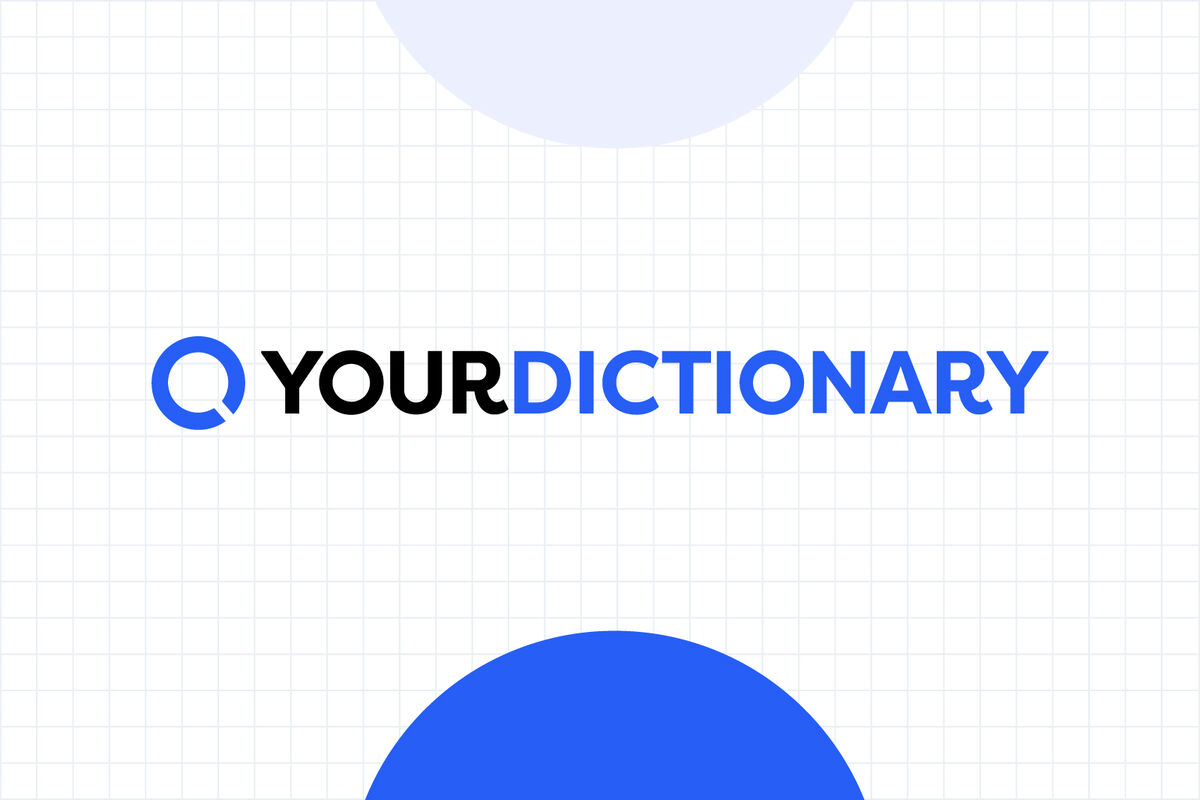
Key literary terms for seventh grade will vary by school, district and state. However, the terms listed here are ones that students should have been taught in earlier grades or terms that might be introduced at this grade level. In general, students should know the term and how the term applies in literary settings. The best way to learn these terms, or any definitions, is through active use in the classroom.
Literary Terms to Know
Types of Writing
- Genre - how literature is categorized based on literary conventions
- Short Story - a type of fictional narrative story usually written in prose; often shorter in length and focuses on one event, character, or incident
- Novel - a longer work of fictional prose
- Poetry - a type of literary art form where writers use figurative language and other poetic devices to get the point of their subject across
- Drama - a type of fiction characterized by performance of actors
- Fiction - a type of narrative literature that contains imaginary characters and events
- Non fiction - a type of narrative literature where the characters and events actually happened
- Biography - a type of literature written about someone by another person
- Autobiography - a type of literature written by someone about his or her own life
- Fable - a type of fictional story where the main characters non-humans, such as animals or mythical creatures, but have the qualities of humans
- Science fiction - a type of genre where characters and events are often set in the future where science and technology far surpasses the present
- Tragedy - a type of narrative that often involves human suffering, including death, in the story
- Comedy - a type of story designed for humor or irony
Parts of a Story
- Setting - this is where a story takes place in time and location
- Character - protagonist, antagonist, hero/heroine are the people that move the plot along and the reason that many readers stay with a story
- Point of view - this how the story is told by the narrator or author; either first, second, or third person
- Plot - these are the events in the story from the beginning until the end
- Conflict - this important part of a story often prevents the characters from achieving their goals but allows them to grow from the experiences and then continue onward in their journey
- Climax - a very exciting section of the story where the main conflict is resolved
- Resolution - this is how the story ends and happens after the climax
- Theme - is the central idea of the story, which is often abstract (greed, love, coming of age)
- Tone - words used to express how the author feels about the text
- Mood - how the reader feels about the text while reading
- Narrator - is the person who tells the story and can be limited or omniscient
Literary Devices
- Allusion - when an author intensionally makes a reference to another work, such as another piece of literature, a piece of artwork, or a time, place or person
- Imagery - words used to evoke pictures in the minds of the readers
- Hyperbole - an exaggeration
- Dialogue - the words that characters speak
- Symbolism - a symbol is a physical object that represents an abstration
- Irony - words used that often mean something different or the opposite of what they mean
- Flashback - part of a story that happened before the current action which is brought out through characters' dreams or storytelling
- Foreshadowing - is when the author alludes to upcoming events without directly stating that they will happen
- Suspense - happens when the storyteller or narrator builds excitement in a scene, often prior to the climax
- Repetition - when words, symbols, themes or other parts of the story are used more than once
- Sensory language - descriptive language that attempts to invoke one or more of the the five senses
Sound Devices
- Rhyme - when words that sound alike are paired together or near each other
- Rhyme scheme - a repetition of a rhyming pattern
- Alliteration - repetition of consonant sounds at the beginning of words
- Onomatopoeia - words that represent sounds
- Assonance - repetition of vowel sounds at the beginning of words
- Meter - combinations of accented and unaccented syllables which often form a pattern
- Refrain - pattern of words or phrases that repeats throughout a literary work
Figurative Language
- Metaphor - compares two things where one is the other
- Simile - compares two things using like or as
- Personification - this is where animals or inanimate objects are given human qualities
- Idiom - type of phrase where the meanings cannot be inferred by the literal meaning of the words
These literary terms to should be double checked against the school, district or state benchmarks. Some may have additional requirements, while others may have fewer.